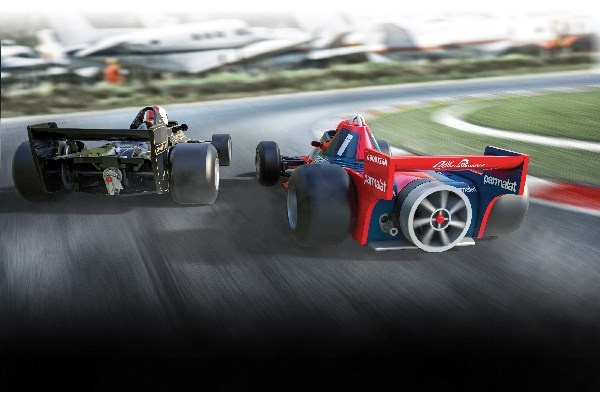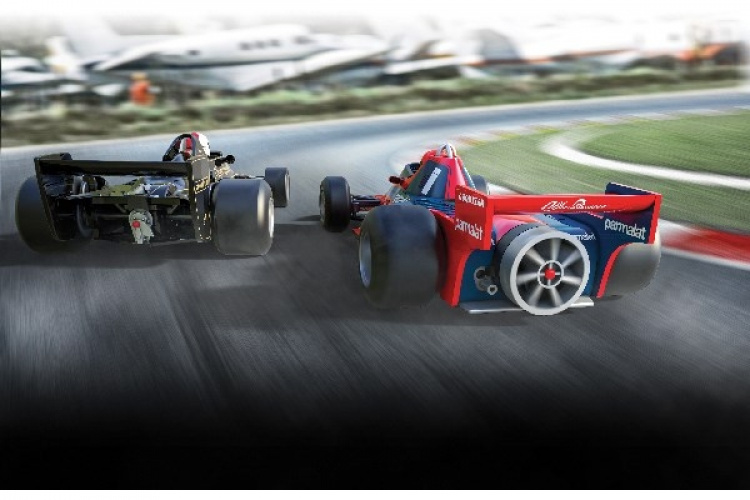The 1978 Swedish Grand Prix saw the debut, and only race, of one of the most outlandish ideas in Formula One history. The Brabham BT 46B ‘Fan Car’ took a standard Alfa Romeo flat 12 powered BT 46 and added a large fan at the rear of the car, this drew air through the engine water radiator before using an even more effective version of ground effect, pioneered by the Lotus 79, to create a partial vacuum under the car. This created an enormous amount of downforce, that saw Niki Lauda able to cruise away at the start of the race.
The form car for the rest of the season, the Lotus 79, was also a ground-breaking car, its skirts along the side of the bodywork helped generate high levels of downforce, sucking the car to the track and immediately moving the goal posts of performance for the other teams. The Fan car generated tremendous controversy upon its unveiling, with Brabham insisting that it was for cooling the engine, not downforce purposes. While the Brabham’s did not qualify on pole (they deliberately sand bagged to avoid controversy) Lauda lined up second behind Andretti. At the start the two fought for the lead, before a problem removed the Lotus and Lauda cruised to a 34.6 second victory.
After the race, the car was confirmed as legal, but was removed by Brabham, in order for the owner Bernie Ecclestone to avoid a confrontation with other team owners. The designer, Gordon Murray went on to design numerous race and championship winning cars. The fan car is today an important legacy of one of the most innovative periods of F1 history and makes a perfect pair with the otherwise dominant Lotus 79.












